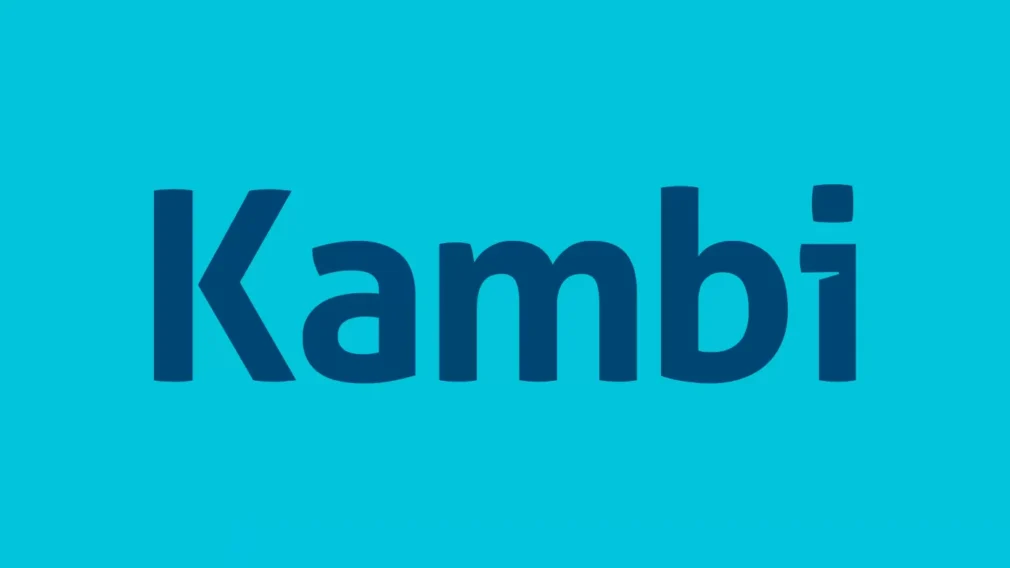Kambi Q2 2025 Revenue Drops 11.5% to €40.5M
Kambi reported revenues of €40.5 million for Q2 2025, an 11.5% decline from the previous year, as the sports betting technology provider faced a quieter sports calendar and shifting market dynamics. Despite the revenue decrease, Kambi’s adjusted EBITA landed at €3.7 million, down 50%, reflecting ongoing cost efficiency programs and challenging comparisons to a strong Q2 2024.

Revenue Pressure from External Factors
The drop in revenue largely stemmed from the absence of major international soccer tournaments like the European Championship or Copa América in Q2 2025, which boosted performance in 2024. New deposit limits in the Netherlands and increased gaming taxes across several jurisdictions also impacted results. Additionally, new commercial terms for some renewed contracts contributed to the decline.
However, a strong operator trading margin of 11.5% helped cushion the revenue fall. This margin is above Kambi’s long-term target, driven by the high engagement and profitability of its Bet Builder product. New partnership launches also provided some positive momentum during the quarter.
“Q2 2025 proved to be a quarter that reflected both the resilience of our business and the evolving dynamics of our industry,” said Werner Becher, Kambi CEO. “While results were in line with our expectations, they came against a backdrop of challenging market conditions and tough comparisons with Q2 2024.”
Cost Efficiency Program Delivers
Kambi’s total expenses decreased by 3.8% to €38.1 million, a result of the company’s 2025 efficiency program. Personnel costs fell to €15.0 million from €16.4 million, and other operating expenses also saw reductions.
The cost savings partially offset the lower revenues. However, currency fluctuations, including a weaker Colombian Peso and US Dollar against a stronger Swedish Krona, added to the financial headwinds. Data provider costs did rise slightly to €4.7 million as Kambi supported more operator partners.
Americas Market Shows Growth
Operator turnover, a key metric for Kambi, fell 5% globally in Q2. This was primarily due to the quiet sports calendar and the exit of Kindred from various markets. Despite the overall dip, turnover in the Americas region grew by 3.4%.
The Americas now contribute 56.3% of Kambi’s total turnover, up from 52.0% in Q2 2024. This growth was notably supported by the recently regulated Brazilian market. Additionally, 98.1% of Kambi’s sportsbook turnover came from locally regulated markets, indicating a strong focus on compliance and licensed operations, including in US states.
Kambi also supported VIP Play’s launch of a sportsbook in Tennessee in May. After the quarter closed, in July, Kambi signed a retail-only sportsbook deal with DraftKings for Puerto Rico, supporting the launch at Foxwoods El San Juan casino.
Regulatory Changes Impact US States
The evolving regulatory landscape continues to present challenges and opportunities. Kambi noted several US states are increasing online gaming and sports betting tax rates. New Jersey’s online tax rate rose to 19.75% from July 1, while Maryland’s online sports betting tax increased to 20%. Louisiana’s online sports betting tax will climb to 21.5% from August 1. Illinois also introduced a new per-wager tax model.
These changes affect future performance in those states. Kambi also incurred costs in Q1 related to its Nevada license application, signaling continued investment in US market access.
Strategic Partnerships and Product Development
Kambi secured a two-year extension of its Turnkey Sportsbook agreement with LeoVegas Group, running until the end of 2027. LeoVegas will also migrate to its own sports platform and gained access to Kambi Odds Feed+, a premium odds solution. LeoVegas is the fourth partner to use Odds Feed+ since its launch.
In Latin America, Kambi expanded its reach by partnering with RedCap for a Turnkey Sportsbook solution. RedCap will launch its Betpro and Starplay brands online in Panama and El Salvador, with plans for retail expansion and additional markets. Notably, RedCap moved from a competitor to Kambi, underscoring Kambi’s position as a premium provider.
Esports betting, powered by Kambi’s Abios division, is becoming an increasingly important part of the offering. In Q2 2025, esports ranked as the fifth-largest “discipline” by turnover across Kambi’s global network. Kambi’s board also initiated its largest share buyback program to date, totaling SEK 165 million (€15 million), set to run until November 21, 2025.
Looking ahead, CEO Werner Becher remains ambitious. “While the first half of the year played out broadly as expected, I want to reiterate that I am not satisfied with where we are at today, with my ambition for the business being far greater,” Becher stated. “I remain optimistic that we can increasingly deliver value for our partners, expand our partner network, strengthen our product portfolio and position the business for long-term, sustainable growth.”
Recommended
